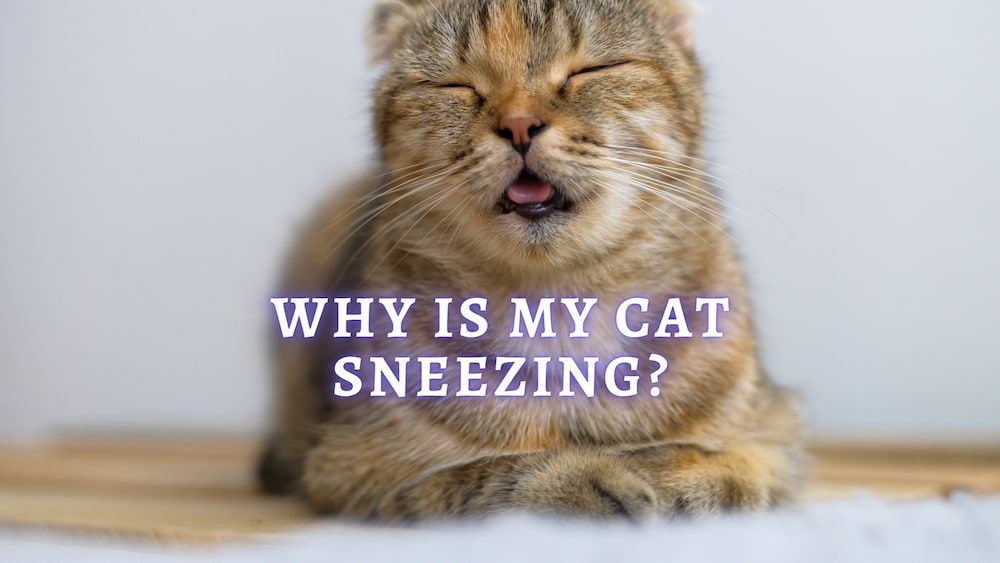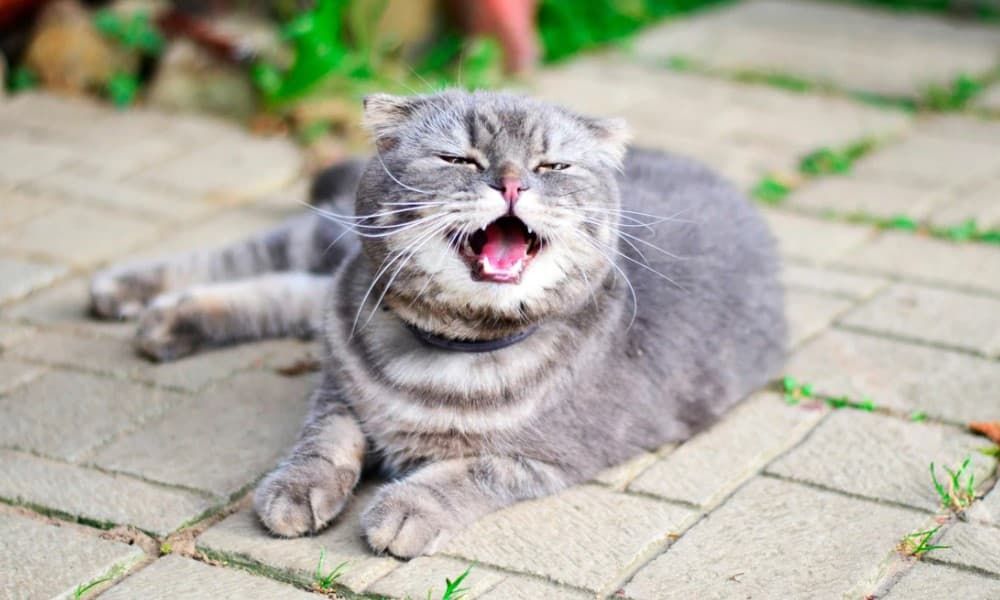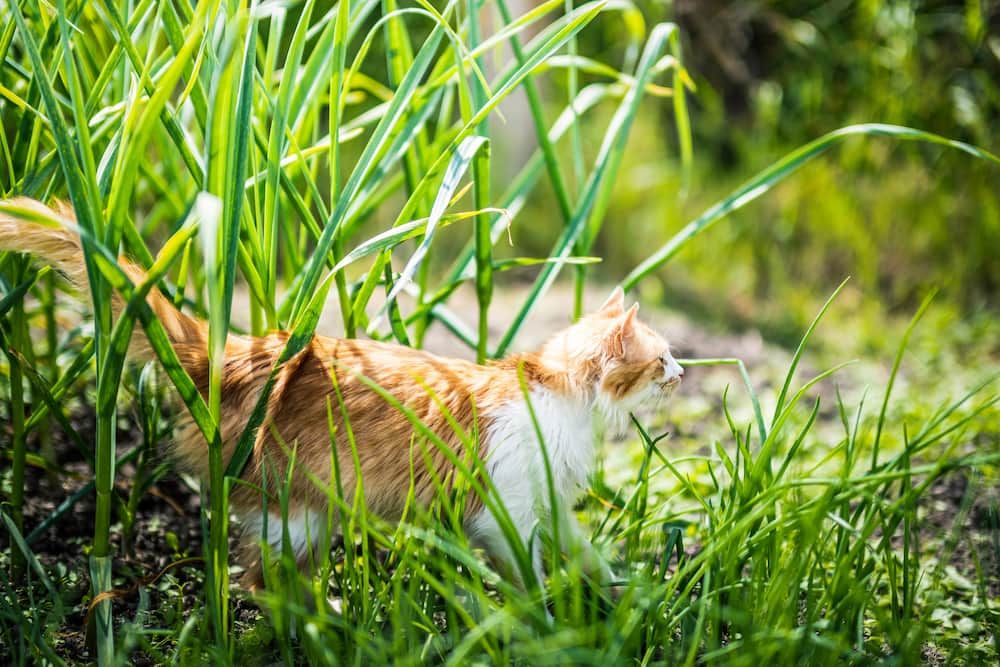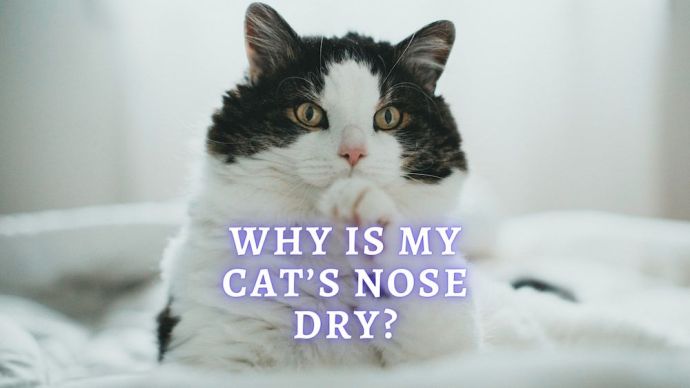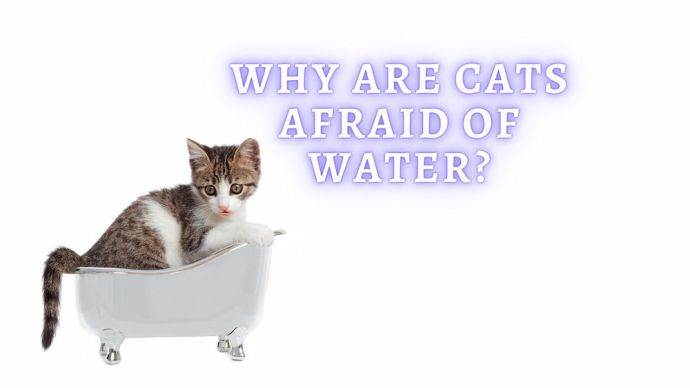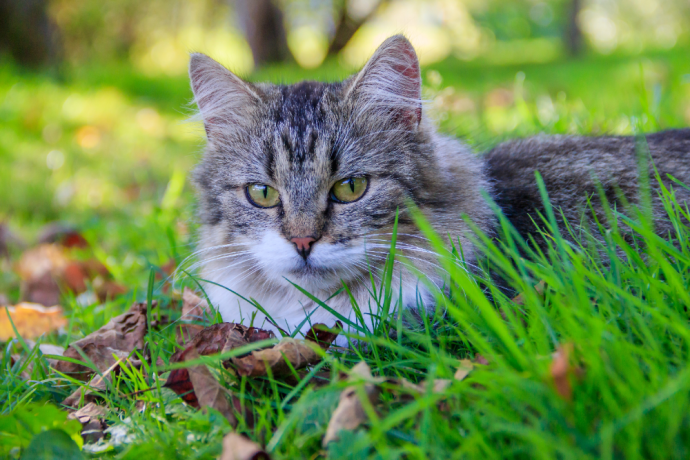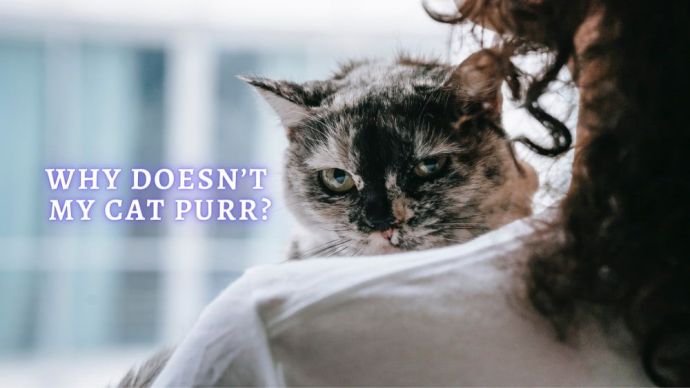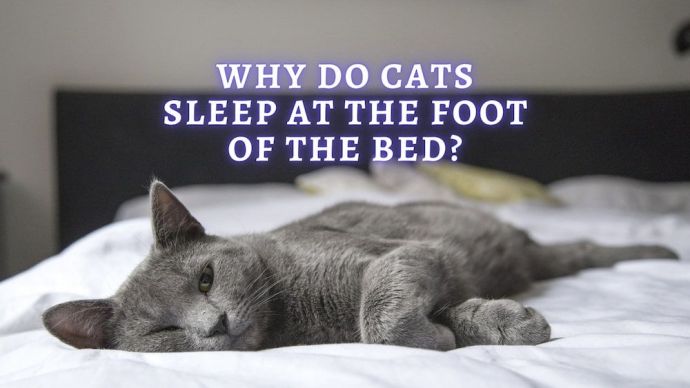Cat Sneezing: Why Is My Cat Sneezing?
Written by:
Author: Carol Young
Carol has worked in specialty, emergency, mixed animal and general veterinary practices, and enjoys all aspects of veterinary medicine. Her special areas of interest include anesthesia, critical care, emergency, dentistry, internal medicine and small animal nutrition.
View all 62 articlesLearn about our editorial process and veterinary review board.
Viewed: 518
Updated on: 03/23/2022
You may have noticed that your cat may sneeze now and then. The causes may simple, like dust in the air, allergies, or an odor or smell that is irritating to your cat’s nose. However, there may be other reasons, such as a foreign body lodged in one of the nostrils, a polyp or tumor in the nose, or another medical reason. For whatever reason, it’s important to know why, what to do, and how you can help relieve sneezing in your cat.
Reasons Why Your Cat Sneezes
Although an occasional sneeze is normal for cats, there are several causes of chronic sneezing in felines, and some of these are listed below.
1. Upper Respiratory Infection
Sneezing can be a common symptom of a URI or an upper respiratory infection. Some veterinarians may refer to this condition as a cold or flu. Still, since these infections can often be viral, fungal, or bacterial, they should be checked by a veterinarian if you are concerned or if the sneezing does not get any better. If your veterinarian diagnoses a bacterial or fungal cause, then antibiotics and antifungals may be prescribed.
Upper respiratory infections in cats can last from one to two weeks, and symptoms include fever, lethargy, chronic sneezing, coughing, discharge from the nose and eyes, or decreased appetite. Older cats and very young kittens are at particular risk for URIs, as well as unvaccinated felines.[1] Since many of the viruses and bacteria that cause URIs are very contagious, cats in shelters or households with more than one animal can be susceptible to infection.
RELATED: Vaccines Needed for Cats
2. Dental disease
Dental and periodontal disease can also cause sneezing in cats and are characterized by nasal discharge and drooling. An infected or abscessed tooth creates a home for bacteria to make a home in the nasal passages, causing inflammation and irritation. If you suspect that your cat has a dental issue or infection, contact your veterinarian. Untreated dental disease can cause a host of issues where the bacteria can travel systemically through the body and cause other health conditions such as bacterial endocarditis, where bacteria surround the heart, causing inflammation.
3. Sinus Issues
Sneezing in cats can also result from inflammatory nasal conditions such as sinusitis and rhinitis, which can result from allergies or other issues. Sinusitis is an inflammation of the lining of the sinuses, and rhinitis is inflammation of the nasal mucous membranes. The inflammation in the sinuses and the nasal passages can cause sneezing, nasal and ocular discharge, reverse sneezing, and snoring. In addition, chronic rhinitis can lead to recurring bacterial infections, which can worsen symptoms, add nasal and ocular discharge, and loss of appetite.
Cats who have overcome viral infections such as feline calicivirus or feline herpesvirus tend to be more susceptible to chronic upper respiratory conditions because these viruses have compromised their immune systems. As a result, these cats may have occasional flare-ups of sneezing episodes. If you suspect that your kitty has sinus issues, it is better to make an appointment with your veterinarian.
4. Allergies
Cats don’t normally sneeze due to allergies, but dust and pollen can contribute to sneezing. Allergies in cats tend to cause symptoms such as hair loss and itchy skin. In addition, some felines with allergies to pollen, molds, dust, and other aerosol irritants may develop watery eyes, sneezing, and coughing. If your feline suffers from allergies, you can reduce symptoms by using dust-free litter, washing her bedding regularly, and keeping your home dust and smoke-free.
READ MORE: Best Cat Food for Allergies
5. Nasal Polyps
Nasal polyps are small, often benign fleshy growths that can develop in the cat’s nasal passages. These polyps grow from the cells that line the nasal passages and are made up primarily of inflammatory cells that can be as large as 1-2 cm in length. Since these polyps are made up of inflammatory cells, they can irritate the nasal passages and subsequent sneezing. Polyps are typically diagnosed via rhinoscopy or X-rays and can be treated with surgical removal.
6. Asthma
As in people and other animals, cats can also suffer from asthma, where the lower airways of the lungs become inflamed. The inflammation results from an immune response to allergens, which can cause sneezing and breathing difficulties. Cats with asthma show symptoms such as coughing, sneezing, wheezing, rapid breathing, and symptoms ranging from acute respiratory episodes to low and chronic. [2] Diagnosing asthma in cats usually involves X-rays, a CT (computed tomography), or a bronchoscopy, and treatment often includes corticosteroids to reduce inflammation in the lungs and bronchodilators to dilate the airways.
7. Feline Bordetella
Another possible cause of sneezing in cats is feline Bordetella or feline kennel cough. This condition is caused by a bacterium and usually results in mild sneezing, coughing, fever, nasal and ocular discharge. Most healthy cats will recover from this condition. Still, younger kitties or felines with compromised immune systems may develop more severe symptoms and are at risk of developing pneumonia or secondary respiratory infection. [3] Depending on the severity, felines been diagnosed with feline bordetella are often treated with antibiotics, cough suppressants, IV fluids, and rest.
8. Foreign Body
Sneezing in cats can also be caused by a foreign body in the nasal passages, such as a piece of grass, fabric, or something else. A foreign object can cause inflammation, irritation, and sneezing, as well as nasal discharge and pawing at the nose. If you suspect that your cat has something up her nose, contact your veterinarian and make an appointment. Your veterinarian can do a complete exam, and perhaps a nasal flush is recommended.
When to See a Veterinarian?
If you notice your cat sneezing once in a while and she has only mild symptoms, you may be able to take a wait-and-see stance. But if the signs and symptoms do not improve after a few days, you may want to contact your veterinarian. However, suppose you have a young cat, a kitten, or an older feline with health issues. In that case, it is recommended to make an appointment with your veterinarian, mainly if your feline friend exhibits nasal and ocular discharge, a fever, and is not eating or drinking usually. In addition, suppose the cause of the sneezing is determined to be a URI. In that case, your veterinarian may prescribe antibiotics and other medications to help your kitty breathe easier and relieve the sneezing.
How Can I Prevent Sneezing in my Cat?
This depends on the cause of sneezing in your cat. For example, if your cat suffers from allergies to particular irritants such as dust or pollen, you may want to clean and vacuum more often to reduce the amount of these triggers in your home. But if your cat is sneezing as a result of a bacterial infection, veterinary care is recommended. In any event, identifying triggers is important, and can help you develop ways to prevent any sneezing in the future.
FAQs
What should I do if my Cat keeps Sneezing?
If your cat suddenly starts sneezing or has been doing it for a while and you are concerned, contact your veterinarian. As mentioned above, there are many causes of sneezing in cats, and these can range from viruses to bacterial infections or foreign bodies such as grass clippings. Your veterinarian can help determine the cause of your cats’ condition and offer treatment options to make her more comfortable.
When should I worry about my Cat Sneezing?
An occasional sneeze may not be anything to worry about in your cat, but if your feline friend won’t stop sneezing, or if the sneezing continues for several days contact your veterinarian. This is especially important if you notice nasal or ocular discharge, coughing, or pawing at the nose. Your veterinarian can help diagnose the cause of the sneezing, and offer various treatment options.
Do Cat colds go away on their own?
Colds in cats are often caused by upper respiratory issues as a result of a virus, bacterium, or fungus. If the cold is viral, your cat may get over it if she is healthy and has a robust immune system. However, if the cause of the cold is a bacterium or a fungus, antibiotics or antifungals may be needed to treat the cold. Your veterinarian is your best resource when it comes to treating a cold in your cat.
What home remedy can I give my Cat for Sneezing?
There are no home remedies for sneezing in cats other than determining the cause of it. For example, if you suspect that your kitty is allergic to something in your house, try to remove such things as cleaning agents or try to vacuum more often to cut down on the amount of dust in the environment. Never try to treat your cat for sneezing and respiratory issues yourself without the advice of a veterinarian.
Article Sources:
- Povey, R. C. “Feline Respiratory Infections–a Clinical Review.” PubMed, ncbi.nlm.nih.gov/pmc/articles/PMC1697218/.
- Trzil, Julie E. Feline Asthma: Diagnostic and Treatment Update. sciencedirect.com/science/article/abs/pii/S0195561619301500.
- Binns, S. H., et al. “Prevalence and Risk Factors for Feline Bordetella Bronchiseptica Infection.” Wiley Online Library, bvajournals.onlinelibrary.wiley.com/doi/abs/10.1136/vr.144.21.575.
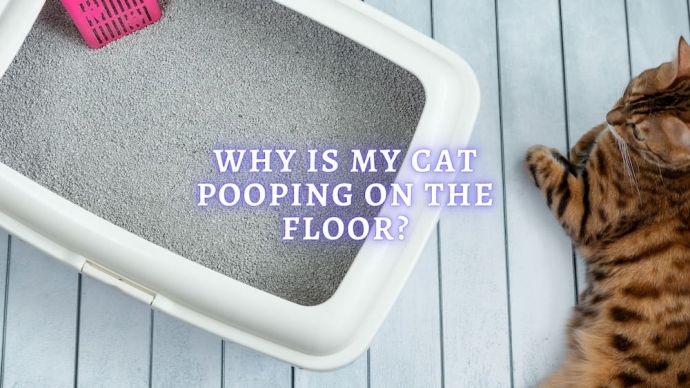 Cat Care Why Is My Cat Pooping on the Floor? How to Stop Cat From Pooping Outside the Litter Box
Cat Care Why Is My Cat Pooping on the Floor? How to Stop Cat From Pooping Outside the Litter Box - 369
- 0
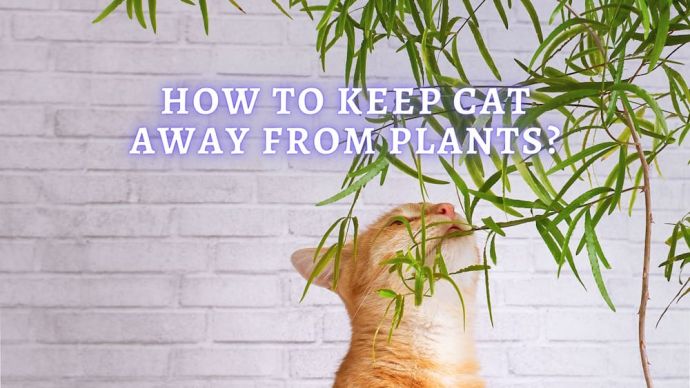 Cat Care How to Keep Cats out of Plants? How to Get Your Cat to Not Eat Plants?
Cat Care How to Keep Cats out of Plants? How to Get Your Cat to Not Eat Plants? - 420
- 0
 Cat Care Why Does My Cat Attack My Legs? 10 Reasons Why and What To Do About It (Vet-Approved Advice)
Cat Care Why Does My Cat Attack My Legs? 10 Reasons Why and What To Do About It (Vet-Approved Advice) - 46013
- 21
 Cat Veterinary Tips Cat Stomach Gurgling: Vet Advice on Why is Your Cat Stomach Gurgling?
Cat Veterinary Tips Cat Stomach Gurgling: Vet Advice on Why is Your Cat Stomach Gurgling? - 36469
- 4
 Cat Veterinary Tips My Cat Lost its Voice: Can Cats get Laryngitis? (Vet Advice)
Cat Veterinary Tips My Cat Lost its Voice: Can Cats get Laryngitis? (Vet Advice) - 23554
- 13









